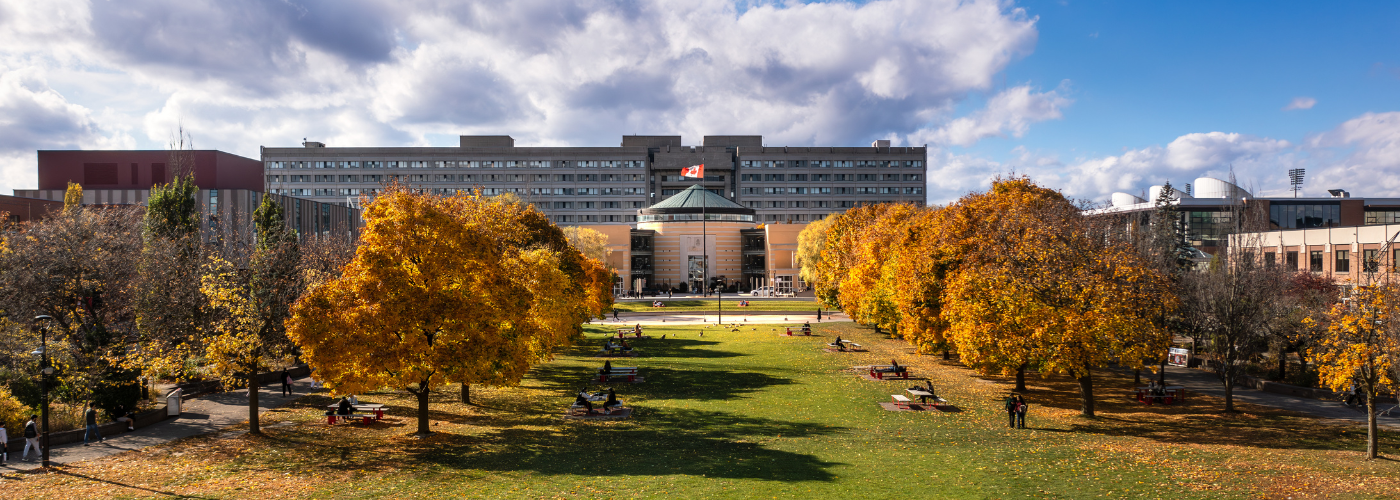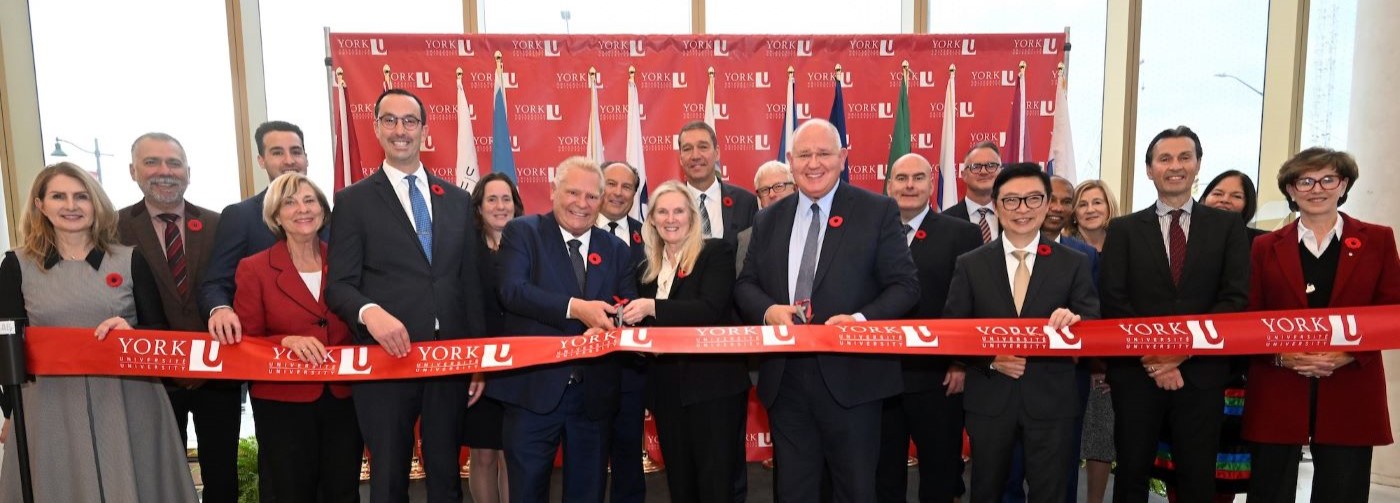
Canada trumped by Trump’s negative rhetoric around mail-in voting
TORONTO, July 17, 2024 – Has the uproar around mail-in voting in the United States trumped how Canadians view the practice here? Researchers at York University have found former U.S. president Donald Trump’s negative rhetoric around the practice of mail-in ballots as fraud prone and untrustworthy has had clear effect in this country.
“It is already a well-established fact that Trump has impacted voters’ view and behaviour in the U.S., but what was less known until now was whether that effect crossed the border into Canada,” says Associate Professor Cary Wu, lead author of the paper. “We wanted to know if holding populist, right-winged views helped determine the level of trust someone had in mail-in votes and what role political media exposure played.”
The study, The Trump Effect? Right-wing Populism and Distrust in Voting by Mail in Canada, found that those holding populist views across Canada, especially right-wing in nature, were more likely to have been influenced by rhetoric south of the border and to now distrust voting by mail.

Wu, York Research Chair in Political Sociology of Health, along with Associate Professor Andrew Dawson, both with the Faculty of Liberal Arts and Professional Studies at York, analyzed data from the 2021 Canadian Election Study. It showed that the “Trump effect” had infiltrated Canadian’s views of mail-in voting.
The researchers were curious about any potential impact given the last federal election this country in 2021 generated the highest number of mail-in votes of any other election since 1993, when mail-in voting by special ballot was expanded to every Canadian at home or abroad. In the U.S., the practice dates back to the Civil War, a time when soldiers were allowed to vote from the battlefield.
In 2019, Elections Canada received about 55,000 mail-in ballots, but that shot up by more than 10 times that amount in 2021, during the pandemic, to a recording setting around 700,000. In the U.S. during the 2020 presidential election, almost half of voters, some 43 per cent, mailed their ballots. That’s also the year, Trump and some other republicans began a campaign to discredit mail-in voting saying it could lead to fraud and a “rigged election”.
“Prior to that, mail-in voting wasn’t politicized,” says Wu. “Although none of the political parties tried to delegitimize voting by mail in Canada, Canadians likely follow U.S. news more closely than other countries and are more prone to being influenced.”

The study found a significant amplifying effect regardless of where Canadians got their news from, which affected their perceptions of the electoral system in this country and its legitimacy. The higher the level of news consumption, the more Canadians were divided in terms of how they see mail-in voting. Those who held right wing populist views and also followed news closely, show the least trust in voting by mail. The media amplification effect is less significant in French-speaking Quebec, indicating the impact of U.S. media outlets.
This despite the Canadian electoral system being less prone to partisan politics than in the U.S. as federal elections here are run by Elections Canada, a single, non-partisan electoral management body. Even so, suspicion south of the border can still create doubt around elections in this country.
“Even though there is almost no evidence to suggest mail-in ballots are fraudulent or lead to fraud, the mere suggestion is enough to shake people’s belief in the practice,” says Wu.
“It’s not surprising that it received a lot of media attention worldwide, including in Canada. We found strong evidence of a ‘Trump effect’ here with a clear negative association between Trump’s views and a lack of trust in mail-in ballot voting. Perceptions of electoral integrity matter. Sowing the seeds of electoral mistrust through false claims can have real effects.”
The researchers found a distrust in mail-in ballots was more apparent in Alberta than in the rest of Canada.
The research was published today in the peer-reviewed Oxford University Press journal Public Opinion Quarterly.






